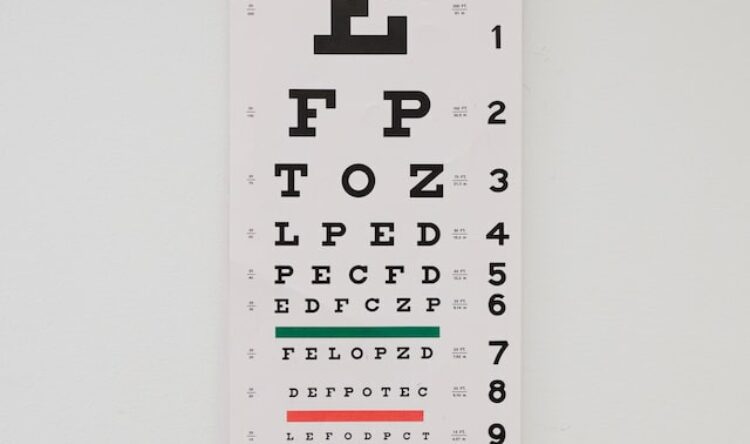Further work is required to make transport systems more accessible and support those with mental health difficulties
TRL, the global centre for innovation in transport, explains why the impacts of mental health in transport need to receive the same attention as physical impairments, from both a research and policy standpoint
Mental health has become a major focus of attention in recent years and is at the heart of many recent policies. However, despite progress in increasing awareness and policies to support those with mental health difficulties in our communities, the impact of mental health difficulties on daily tasks such as travel has still received insufficient attention.
The latest research reveals there is still a great deal of work required to improve accessibility to public transport for those with mental health difficulties. Poor mental health can influence both driver behaviour and travel mode choice and it is vital that transport providers and local and national authorities take steps to minimise the negative impacts that our transport systems can have on mental health and start tackling the barriers that those with mental health difficulties face when accessing transport.
Roget Mackett, from UCL’s Centre for Transport Studies, has produced a new report which highlights the current barriers people with mental health disorders face when accessing public transport. These findings echo research carried out by TRL from 2018 and clarify the need for government and policy to work towards designing an accessible transport system that is inclusive to all.
These projects highlight the barriers faced every day by members of our society when travelling and navigating the built environment. To date, these barriers have received very little attention both within research and policy.
To understand the relationship between mental health and transport further, TRL performed a study with members of the public who have experience of anxiety and/or depression. This helped to identify the factors that influence their travel mode choice. The findings highlighted the range of differences that people experiencing mental health difficulties must contend with when travelling from A to B.
As it stands, parts of the UK’s transport system are currently inaccessible to members of our society as a result of the barriers they experience every day whilst travelling. This can range from difficulties engaging with others such as purchasing a ticket and concerns over how they might be perceived by others, as well as feelings of isolation and reduced safety.
People living with mental health difficulties often report feelings of anxiety, depression and experiences of panic attacks while travelling that can be attributed to various factors. Evidence shows that both poor information provision and its overall accessibility, particularly on public transport and trains can negatively impact on those struggling with mental health illness.
Public transport is not the only mode of transport that impacts on mental health. Studies show that accessibility to the built environment is often a barrier to more active modes of transport such as walking or cycling, despite individuals recognising that these would be beneficial to their mental health.
In England, one in six adults in the UK experience symptoms of a common mental health disorder in any given week (McManus et al, 2016). The latest research from UCL and TRL show that it is essential for transport providers to focus their attention on the barriers those with mental health difficulties face when accessing their services. In addition, there is a need for government to design a more inclusive and accessible transport system policy.
Designing a transport system that is inclusive and accessible to all is vital to support people from every walk of life including people with physical needs or mental health difficulties. Only by considering the needs and barriers to those experiencing mental health issues at the design stage can we start to develop an all-inclusive transport system.
Improving information provision to provide more support and solutions for travellers can be achieved by reviewing current information tools in partnership with those living with mental health difficulties. Training front line staff to improve awareness and understanding of mental health could also lower the barriers posed to accessing certain travel modes.
The impact of future technologies should be looked at more closely to identify the role mental health difficulties could play in the uptake of such technologies as connected and automated vehicles (CAVs). Automated transport services could be designed to meet the needs of those suffering from poor mental health by providing better access to services and support systems.
Focus groups and surveys carried out by TRL as part of our recent research highlighted that people with poor mental health find the prospect of automated vehicles a cause for concern. From lack of certainly around the role of the driver to some believing the experience may be detrimental to personal wellbeing, it is evident that we must explore the effects of new technologies on mental health. Promoting trust in CAV technology will be particularly important to break down the barriers that automated services could offer to transport users in the longer term.
Clearly, there is increasing need to recognise the relationship between mental health and transport and to develop new technologies that are accessible and inclusive to encourage better mobility for all.
Read more on TRL’s latest research into mental health in transport, here.




